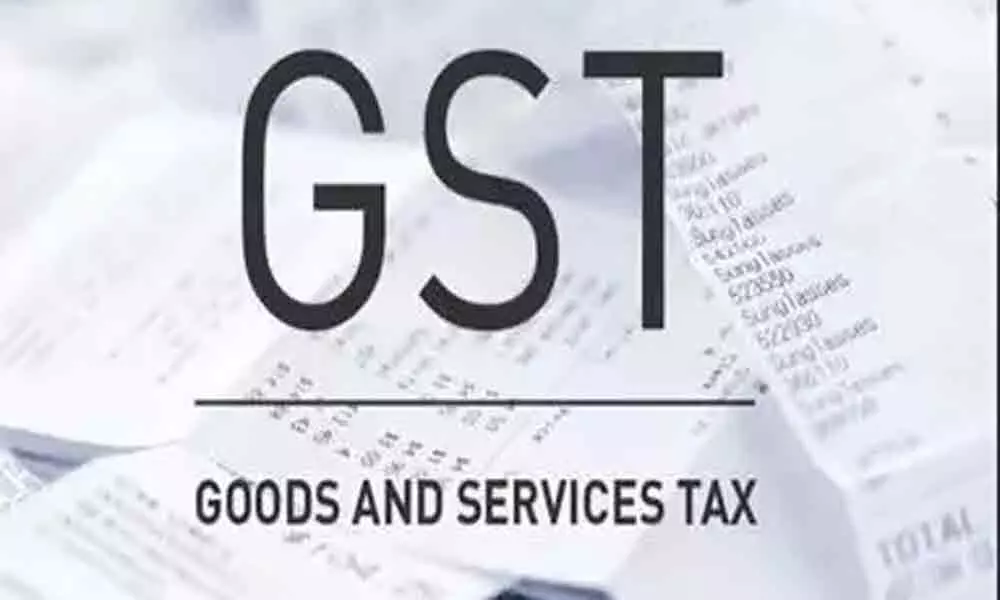Live
- Nitish Kumar Reddy Celebrates Century with Pushpa’s Iconic "Taggede Le" Gesture, A First for Telugu Cinema
- Garena Free Fire MAX Redeem Codes for December 28, 2024: Get Frostfire Bunny Bundle, Rose Emote, and Exclusive Rewards!
- Salman Khan Faces Off Against Samurais in Action-Packed Teaser for 'Sikandar'
- Putin apologises to Azerbaijan's Aliyev for 'tragic' plane crash
- OnePlus Open 2 Leaks: Exciting Upgrades in Design, Features, and Performance
- Pioneering database excellence: Dheeraj Yadav's journey through enterprise data management
- Rajasthan Government Dissolves Nine Districts in Key Cabinet Decision
- HYDRAA's 2024 Report: 5800 Complaints Resolved, 12 Lakes Restored, and 200 Acres Reclaimed in Hyderabad
- Revolutionizing marketplace pricing with Machine Learning: The strategic innovation of Abhijeet Bajaj
- AI-powered transformation in manufacturing: Balachandar Ramalingam's vision for component management excellence









